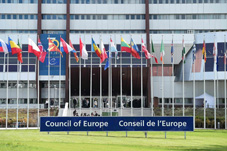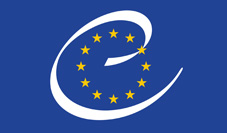
New youth sector strategy 2030: strengthening democracy through youth engagement
By Nika Gamtsemlidze
Friday, January 24
Committee of Ministers of the Council of Europe adopted the new Youth sector strategy 2030 which will provide policy guidance to the 50 States Parties to the European Cultural Convention for the ten years to come.
“Young people’s creativity, dynamism, social commitment, and competences are crucial for any sustainable democratic society. For almost fifty years, the Council of Europe youth sector has been supporting generations of young people and their organizations to become actors of social change and assists public authorities to implement participative youth policies,” reads the report of CoE.
The new Youth sector strategy 2030 will give a new impetus to this work in four thematic priorities: youth revitalizing pluralistic democracy, young people’s access to rights, living together in a peaceful and inclusive societies and youth work.
The Committee of Ministers, when adopting the new strategy, stressed the importance of the unique geographical scope and role of the Council of Europe youth sector and its instruments, including the co-management system, the European Youth Centers in Strasbourg and Budapest, the European Youth Foundation, and the partnership with the European Commission.
The Youth sector strategy 2030 is being launched in the framework of the Georgian Presidency of the Committee of Ministers (November 2019 – May 2020) which attaches the highest importance to the full and meaningful participation of young people in European societies, and aims notably at “strengthening democracy through education, culture and youth engagement.”
Georgian presidency of the CoE Committee of Ministers was announced a few months ago. The Presidency of the Committee of Ministers is held for a six-month term in turn by the representatives of the members in English alphabetical order. The Presidency is transferred to a new President in mid-May and mid-November, at a date fixed by the Committee based on a joint proposal by the incoming and outgoing Presidents.
The President acts in a neutral way and ensures that the rules and guidelines are respected. The President guides the discussions, put proposals to the vote and announces decisions.
The Council of Europe is an international organization whose stated aim is to uphold human rights, democracy and the rule of law in Europe. Founded in 1949, it has 47 member states, with a population of approximately 820 million, and operates with an annual budget of approximately 500 million euros.


